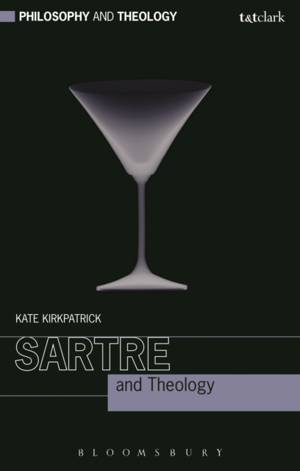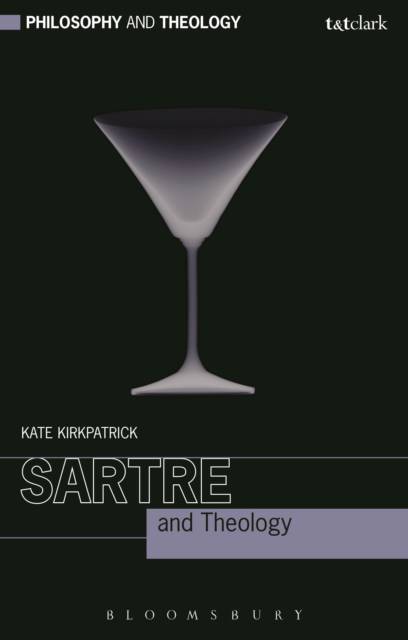
- Afhalen na 1 uur in een winkel met voorraad
- Gratis thuislevering in België vanaf € 30
- Ruim aanbod met 7 miljoen producten
- Afhalen na 1 uur in een winkel met voorraad
- Gratis thuislevering in België vanaf € 30
- Ruim aanbod met 7 miljoen producten
Omschrijving
Jean-Paul Sartre was one of the twentieth century's most prominent atheists. But his philosophy was informed by theological writers and themes in ways that have not previously been acknowledged. In Sartre and Theology, Kirkpatrick examines Sartre's philosophical formation and rarely discussed early work, demonstrating how, and which, theology shaped Sartre's thinking. She also shows that Sartre's philosophy - especially Being and Nothingness and Existentialism is A Humanism - contributed to several prominent twentieth-century theologies, examining Catholic, Protestant, Orthodox, and Liberation theologians' rebuttals and appropriations of Sartre.
For philosophers, this work opens up an unmined vein of influence on Sartre's work which illuminates his conceptual divergences from the German phenomenological tradition. And for theologians, it offers insights into a theologically informed atheism which provoked responses from some of the twentieth-century's greatest theologians - an atheism from which we can still learn much today.Specificaties
Betrokkenen
- Auteur(s):
- Uitgeverij:
Inhoud
- Aantal bladzijden:
- 224
- Taal:
- Engels
- Reeks:
Eigenschappen
- Productcode (EAN):
- 9780567664501
- Verschijningsdatum:
- 10/08/2017
- Uitvoering:
- Hardcover
- Formaat:
- Genaaid
- Afmetingen:
- 142 mm x 218 mm
- Gewicht:
- 430 g

Alleen bij Standaard Boekhandel
Beoordelingen
We publiceren alleen reviews die voldoen aan de voorwaarden voor reviews. Bekijk onze voorwaarden voor reviews.







